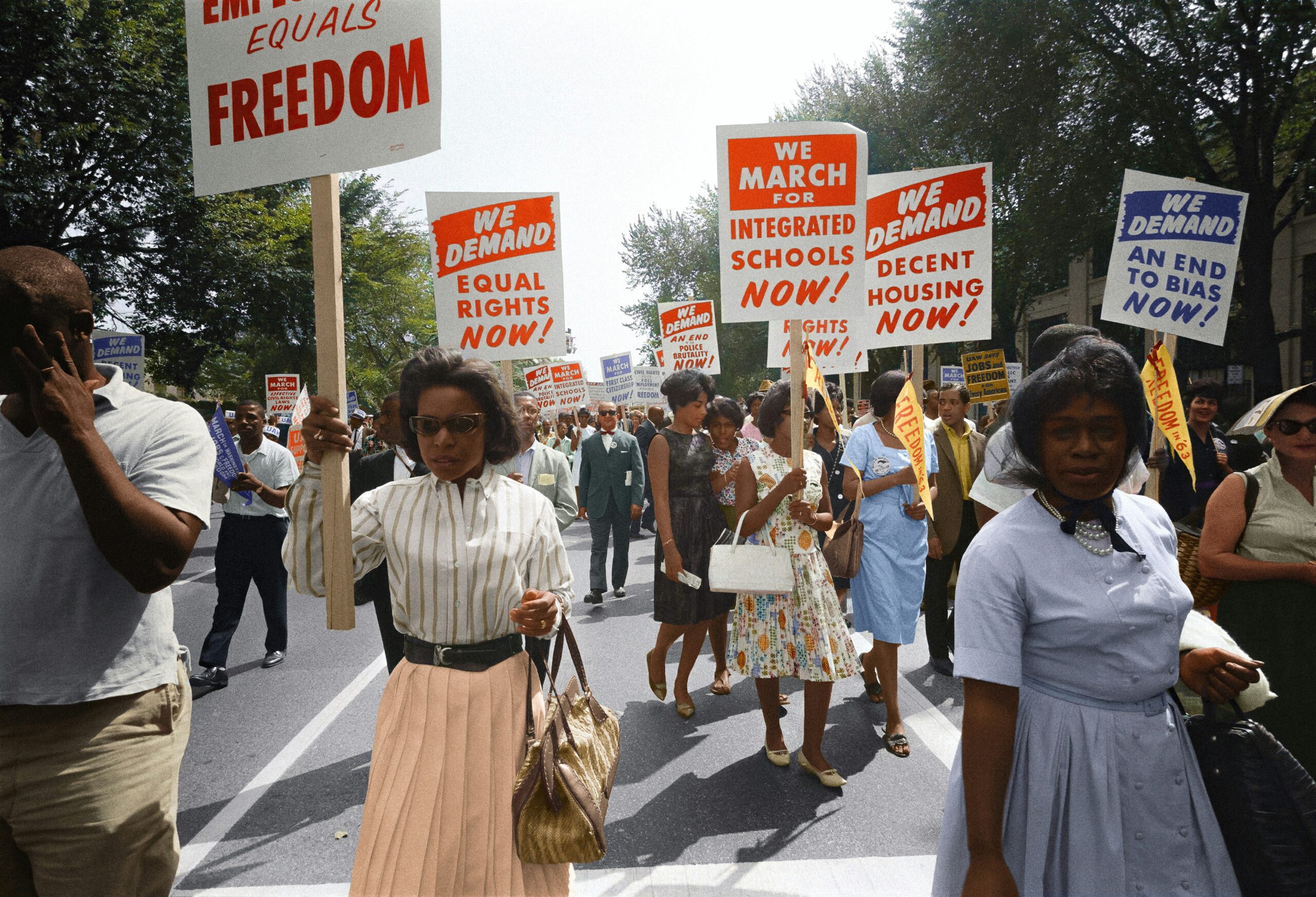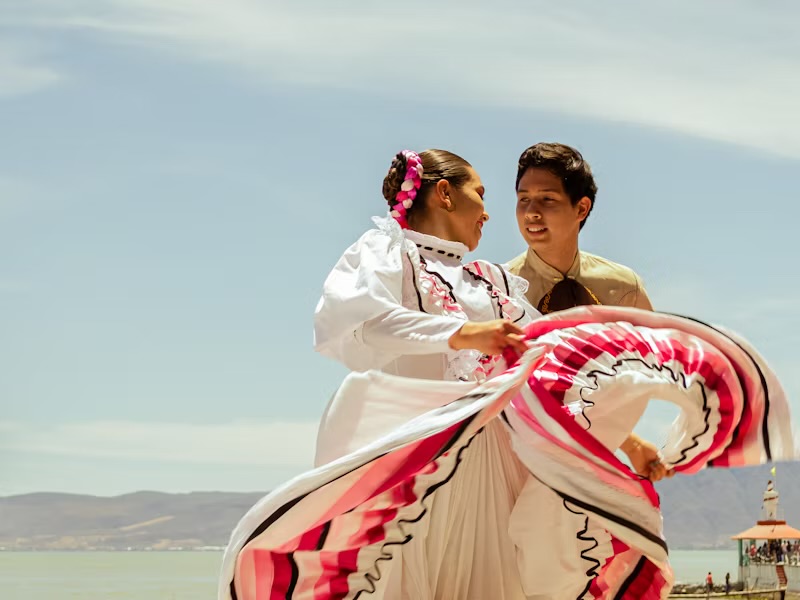If you grew up in the United States, chances are you’re no stranger to Black History Month. The parades and parties, the commercials and commemorations, for many it’s just a fact of life–Every February we celebrate Black History Month! But it wasn’t always like that. Black History Month, at least as we know it now, became an official holiday back in 1976, but celebrations began as early as 1926. Initially, it was deemed Black History Week, when the founders of the now-called Study of African American Life and History (ASALH), minister Jesse E. Moorland and historian Carter G. Woodson, decided to sponsor the national holiday. When Moorland and Woodson were conceptualizing the idea of Black History Week, they decided to choose the second week in February to, according to History, “coincide with the birthdays of Abraham Lincoln and Frederick Douglass.” Abraham Lincoln, of course, was the sixteenth president of The United States, who famously signed the Emancipation Proclamation which declared that “all persons held as slaves are, and henceforth shall be freed.” Though it should be noted that many slaves were not made aware of this until years later, hence the celebration of Juneteenth.
Frederick Douglass, on the other hand, is significant all on his own. Born in February 1818, Douglass began his life as a slave. According to NPS, “At an early age, Frederick realized there was a connection between literacy and freedom. Not allowed to attend school, he taught himself to read and write in the streets of Baltimore.” He spent his time as a slave educating others, creating plans for freedom, and fighting back in any way he could. It was this determination that ultimately led to his freedom, as in 1838, Douglass boarded a train and landed in New York City. His work didn’t stop there, he became a published author, speaking on his own experience and rallying Black men during the Civil War, even speaking with President Lincoln about emancipation and its necessity.
Much like the Juneteenth celebrations in Texas, this week-long holiday began to grow into parades, with full-on events taking place. One week became two weeks, and by the time it was announced as an official holiday, citizens had already been celebrating the full month of February. During Black History Month’s announcement, President Gerald Ford stated that he wanted to “seize the opportunity to honor the too-often neglected accomplishments of Black Americans in every area of endeavor throughout our history.” Now, many years later, Black History Month is still celebrated with even more parades, community events, special sales, and so much more. For many it’s a chance to spotlight the incredible work organizations and Black-Owned Businesses do year-round. So this Black History Month, check out what your communities are up to, and see what businesses you can support, not just this month but from now on!











